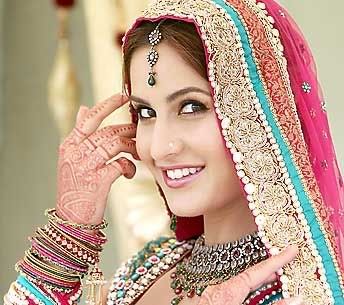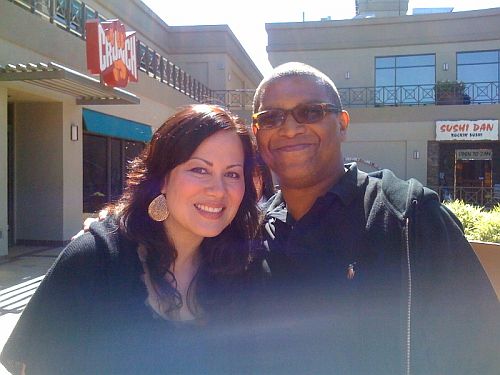


That’s one of the funniest things I’ve ever heard Cedric say, and I’ve hung with him for over a decade.
Talk about in on HEF – Hudlin Entertainment Forum
Comment + PermalinkAsian Pacific Film Festival in Los Angele, CA – May 2010
Talk about in on HEF – Hudlin Entertainment Forum
Comment + Permalink
Shannon Lee & Reggie
Comment + Permalink